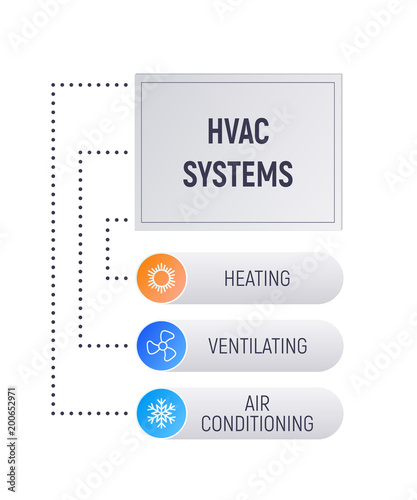Heatpump Vs Furnace - Which Is The Better Heating Option For Your Home?
Heatpump Vs Furnace - Which Is The Better Heating Option For Your Home?
Blog Article
Uploaded By-Rosenthal Sims
Numerous home owners are familiar with heating systems, which warm homes with oil or gas and press hot air with ductwork. They are relatively cost-effective and can give trustworthy home heating even during a winter months power outage.
Nevertheless, they use fossil fuels and create carbon monoxide and various other air pollution. They also aren't as energy-efficient as a high-efficiency heatpump.
relevant webpage , heatpump are a lot more cost effective to run than furnaces. They generally make use of electrical power and cooling agent to remove heat from outdoor air, and after that move it right into your home. You can benefit from less costly electrical energy rates throughout off-peak hours to even more decrease your home heating costs.
Unlike heatpump, gas or wood-burning heaters use burning to generate warm, producing flue gases right into the atmosphere that can be damaging to your wellness. These heating systems are additionally much less energy-efficient than heat pumps, and their greater operating expense can add up gradually.
Heaters are more difficult than heatpump and need routine maintenance to make sure the appropriate function of all components. In spite of this, they tend to last longer than heat pumps with a regular life-span of twenty years or more. However, you'll require to factor in the cost of gas, gas oil or timber and the additional tools required for installment and procedure such as ducts and ventilation systems.
Power Efficiency
Heatpump have a higher energy effectiveness score than heaters. These systems utilize power to feed on warmth from the air, also in freezing temperatures. They can likewise remove excess heat from the home throughout warmer months and recycle it to cool the system. how to clean heat pump can help you establish the very best design for your home on environment and source power expenses.
Furnaces burn gas oil, propane, natural gas or other types of nonrenewable fuel source to warm the air in the home. This air is then distributed via ductwork making use of a big follower. Furnaces generate greenhouse gases and call for routine maintenance and equipment upgrades to make certain secure procedure.
The biggest benefit of a heater is that it can be operated also in severe winter months problems due to the fact that it does not count on outdoor temperatures to heat the air. Furnaces also have a longer life expectancy than heatpump and typically last 15 years. They can likewise be coupled with twin fuel alternatives, which choose one of the most efficient heating option based on the weather condition.
Environment
Heat pumps work well in moderate climates and utilize much less source power than heaters. However, if your region is remarkably chilly, you may require to invest in a basic gas heater instead.
Furnaces offer warm, cozy heat and commonly use fast heating to raise interior temperature levels. These systems can be utilized with a variety of fuel types, consisting of gas, gas, oil or electricity.
They take in extra power than heat pumps-- up to 3x as much-- and require ductwork that's expensive to set up or retrofit. They're likewise more pricey to maintain, as they can trigger air quality problems and create greenhouse gas exhausts.
If you're dedicated to lowering your carbon footprint, a heat pump is an excellent choice for your home. They have fewer greenhouse gas discharges than furnaces, especially if you choose a power STAR ® heatpump. Your neighborhood Service provider expert can discuss the differences in between these two heating systems and help you make the best decision for your one-of-a-kind requirements.
Individual Preferences
Heating systems can be really energy effective when powered by natural gas, gas or oil, yet they aren't as power efficient as heat pumps in cold climates. They can likewise be more costly to mount, calling for gas lines and ventilation systems.
However, furnaces tend to call for less maintenance, which can result in lower ongoing costs. They produce fewer greenhouse gases and are a lot more dependable than heat pumps during severe weather condition.
Electric heat pumps are a lot more functional in developing interior convenience because they can likewise serve as air conditioning system during warmer months. They can be easier to maintain, requiring just regular air filter adjustments and occasional vacuuming.
If you prefer the benefit of a single system that does it all, take into consideration a crossbreed heating service that sets a heating system with an electrical heatpump. These systems can instantly switch between both heating options based upon your home's needs and temperature problems, optimizing performance and financial savings.